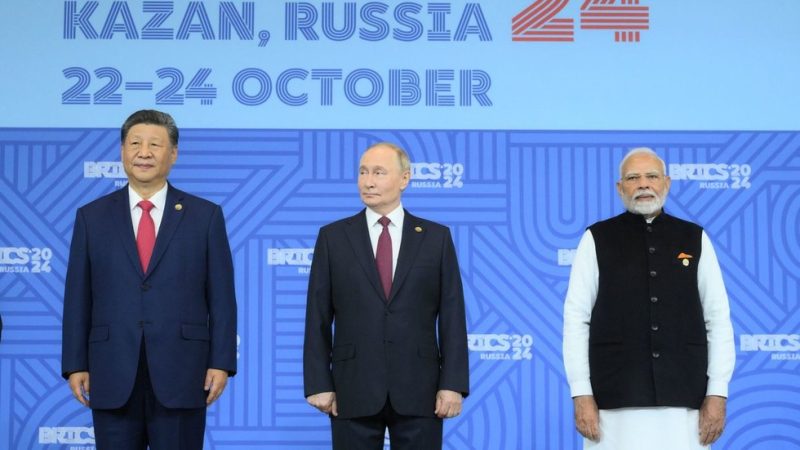
Russia’s vision of a multipolar world, one where global power is distributed among several nations rather than dominated by the West, hinges significantly on its relationships with key players like India and China. The thawing of relations between these two Asian giants presents Moscow with a tantalizing opportunity to solidify its vision. However, the path to a revitalized trilateral partnership – often referred to as RIC, for Russia, India, and China – is far from smooth. Deep-seated distrust, persistent trade imbalances, and the ever-present pressure from Western nations create significant obstacles.
The historical context is crucial. While Russia has long-standing ties with both India and China, navigating the complex dynamics between these two nations requires delicate diplomacy. India and China share a long and often fraught border, punctuated by periods of tension and even conflict. This inherent tension casts a long shadow over any potential trilateral cooperation, making trust a precious and fragile commodity.
Economic realities further complicate matters. Trade imbalances between the three nations are substantial and uneven, leading to potential friction and resentment. Addressing these economic disparities is essential for building a truly equitable and mutually beneficial partnership. A balanced approach to trade and investment is necessary to foster long-term stability and cooperation.
Furthermore, the ongoing geopolitical struggle between Russia and the West cannot be ignored. Western sanctions and diplomatic pressure exert a significant influence on Russia’s ability to forge closer ties with India and China. The West is actively working to counter Russia’s influence, making it difficult for Moscow to build the strong, unified front it desires.
Ultimately, the success of Russia’s multipolar vision hinges on its ability to effectively manage the intricate web of relationships between itself, India, and China. Overcoming the challenges of distrust, economic imbalances, and Western pressure will require skillful diplomacy, compromise, and a long-term strategic vision. Whether or not Russia can navigate these complexities and successfully integrate India and China into its multipolar framework remains to be seen. The future of this ambitious geopolitical strategy is far from certain, and its success depends on a complex interplay of factors that are far from easily resolved.










